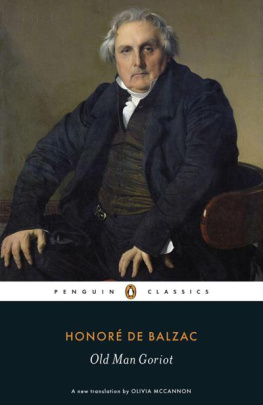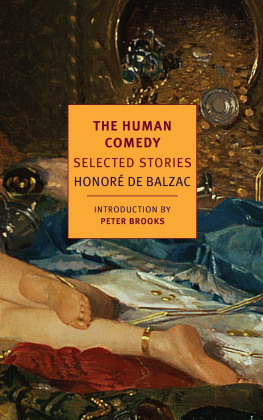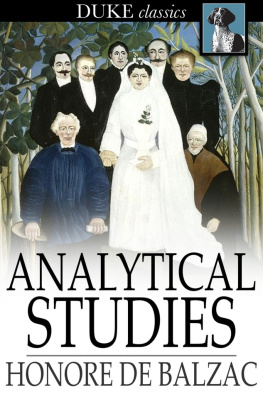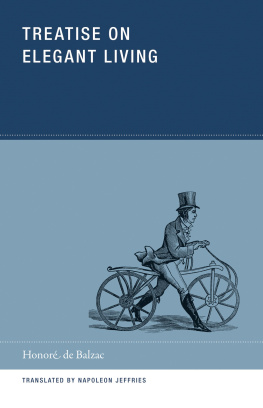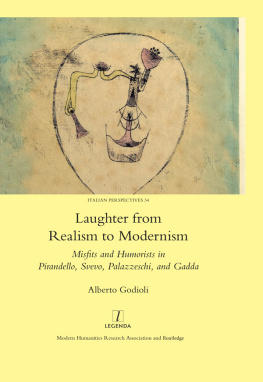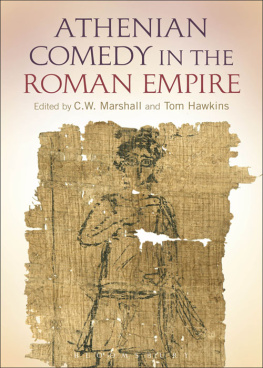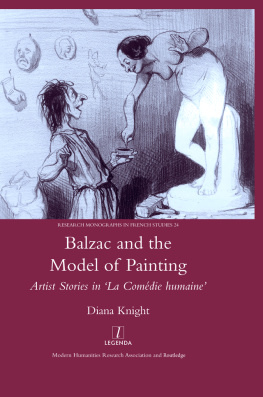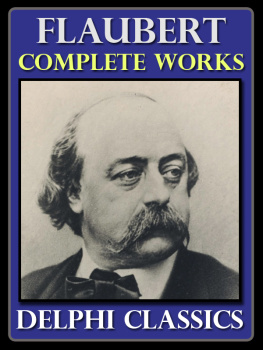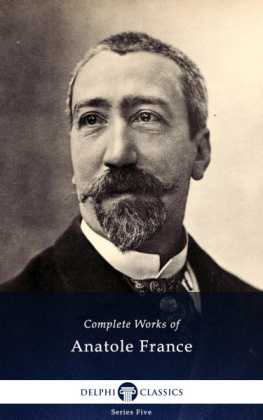Produced by John Bickers, and Dagny
Catherine de' Medici
By
Honore de Balzac
Translated by
Katherine Prescott Wormeley
DEDICATION
To Monsieur le Marquis de Pastoret, Member of the Academie des Beaux-Arts.
When we think of the enormous number of volumes that have been published on the question as to where Hannibal crossed the Alps, without our being able to decide to-day whether it was (according to Whittaker and Rivaz) by Lyon, Geneva, the Great Saint-Bernard, and the valley of Aosta; or (according to Letronne, Follard, Saint-Simon and Fortia d'Urbano) by the Isere, Grenoble, Saint-Bonnet, Monte Genevra, Fenestrella, and the Susa passage; or (according to Larauza) by the Mont Cenis and the Susa; or (according to Strabo, Polybius and Lucanus) by the Rhone, Vienne, Yenne, and the Dent du Chat; or (according to some intelligent minds) by Genoa, La Bochetta, and La Scrivia,--an opinion which I share and which Napoleon adopted,--not to speak of the verjuice with which the Alpine rocks have been bespattered by other learned men,--is it surprising, Monsieur le marquis, to see modern history so bemuddled that many important points are still obscure, and the most odious calumnies still rest on names that ought to be respected?
And let me remark, in passing, that Hannibal's crossing has been made almost problematical by these very elucidations. For instance, Pere Menestrier thinks that the Scoras mentioned by Polybius is the Saona; Letronne, Larauza and Schweighauser think it is the Isere; Cochard, a learned Lyonnais, calls it the Drome, and for all who have eyes to see there are between Scoras and Scrivia great geographical and linguistical resemblances,--to say nothing of the probability, amounting almost to certainty, that the Carthaginian fleet was moored in the Gulf of Spezzia or the roadstead of Genoa. I could understand these patient researches if there were any doubt as to the battle of Canna; but inasmuch as the results of that great battle are known, why blacken paper with all these suppositions (which are, as it were, the arabesques of hypothesis) while the history most important to the present day, that of the Reformation, is full of such obscurities that we are ignorant of the real name of the man who navigated a vessel by steam to Barcelona at the period when Luther and Calvin were inaugurating the insurrection of thought.[*]
You and I hold, I think, the same opinion, after having made, each in his own way, close researches as to the grand and splendid figure of Catherine de' Medici. Consequently, I have thought that my historical studies upon that queen might properly be dedicated to an author who has written so much on the history of the Reformation; while at the same time I offer to the character and fidelity of a monarchical writer a public homage which may, perhaps, be valuable on account of its rarity.
[*] The name of the man who tried this experiment at Barcelona should be given as Salomon de Caux, not Caus. That great man has always been unfortunate; even after his death his name is mangled. Salomon, whose portrait taken at the age of forty-six was discovered by the author of the "Comedy of Human Life" at Heidelberg, was born at Caux in Normandy. He was the author of a book entitled "The Causes of Moving Forces," in which he gave the theory of the expansion and condensation of steam.
He died in 1635.
CATHERINE DE' MEDICI
INTRODUCTION
There is a general cry of paradox when scholars, struck by some historical error, attempt to correct it; but, for whoever studies modern history to its depths, it is plain that historians are privileged liars, who lend their pen to popular beliefs precisely as the newspapers of the day, or most of them, express the opinions of their readers.
Historical independence has shown itself much less among lay writers than among those of the Church. It is from the Benedictines, one of the glories of France, that the purest light has come to us in the matter of history,--so long, of course, as the interests of the order were not involved. About the middle of the eighteenth century great and learned controversialists, struck by the necessity of correcting popular errors endorsed by historians, made and published to the world very remarkable works. Thus Monsieur de Launoy, nicknamed the "Expeller of Saints," made cruel war upon the saints surreptitiously smuggled into the Church. Thus the emulators of the Benedictines, the members (too little recognized) of the Academie des Inscriptions et Belles-lettres, began on many obscure historical points a series of monographs, which are admirable for patience, erudition, and logical consistency. Thus Voltaire, for a mistaken purpose and with ill-judged passion, frequently cast the light of his mind on historical prejudices. Diderot undertook in this direction a book (much too long) on the era of imperial Rome. If it had not been for the French Revolution, /criticism/ applied to history might then have prepared the elements of a good and true history of France, the proofs for which had long been gathered by the Benedictines. Louis XVI., a just mind, himself translated the English work in which Walpole endeavored to explain Richard III.,--a work much talked of in the last century.
Why do personages so celebrated as kings and queens, so important as the generals of armies, become objects of horror or derision? Half the world hesitates between the famous song on Marlborough and the history of England, and it also hesitates between history and popular tradition as to Charles IX. At all epochs when great struggles take place between the masses and authority, the populace creates for itself an /ogre-esque/ personage--if it is allowable to coin a word to convey a just idea. Thus, to take an example in our own time, if it had not been for the "Memorial of Saint Helena," and the controversies between the Royalists and the Bonapartists, there was every probability that the character of Napoleon would have been misunderstood. A few more Abbe de Pradits, a few more newspaper articles, and from being an emperor, Napoleon would have turned into an ogre.
How does error propagate itself? The mystery is accomplished under our very eyes without our perceiving it. No one suspects how much solidity the art of printing has given both to the envy which pursues greatness, and to the popular ridicule which fastens a contrary sense on a grand historical act. Thus, the name of the Prince de Polignac is given throughout the length and breadth of France to all bad horses that require whipping; and who knows how that will affect the opinion of the future as to the /coup d'Etat/ of the Prince de Polignac himself? In consequence of a whim of Shakespeare--or perhaps it may have been a revenge, like that of Beaumarchais on Bergasse (Bergearss) --Falstaff is, in England, a type of the ridiculous; his very name provokes laughter; he is the king of clowns. Now, instead of being enormously pot-bellied, absurdly amorous, vain, drunken, old, and corrupted, Falstaff was one of the most distinguished men of his time, a Knight of the Garter, holding a high command in the army. At the accession of Henry V. Sir John Falstaff was only thirty-four years old. This general, who distinguished himself at the battle of Agincourt, and there took prisoner the Duc d'Alencon, captured, in 1420, the town of Montereau, which was vigorously defended. Moreover, under Henry VI. he defeated ten thousand French troops with fifteen hundred weary and famished men.
So much for war. Now let us pass to literature, and see our own Rabelais, a sober man who drank nothing but water, but is held to be, nevertheless, an extravagant lover of good cheer and a resolute drinker. A thousand ridiculous stories are told about the author of one of the finest books in French literature,--"Pantagruel." Aretino, the friend of Titian, and the Voltaire of his century, has, in our day, a reputation the exact opposite of his works and of his character; a reputation which he owes to a grossness of wit in keeping with the writings of his age, when broad farce was held in honor, and queens and cardinals wrote tales which would be called, in these days, licentious. One might go on multiplying such instances indefinitely.
Next page

